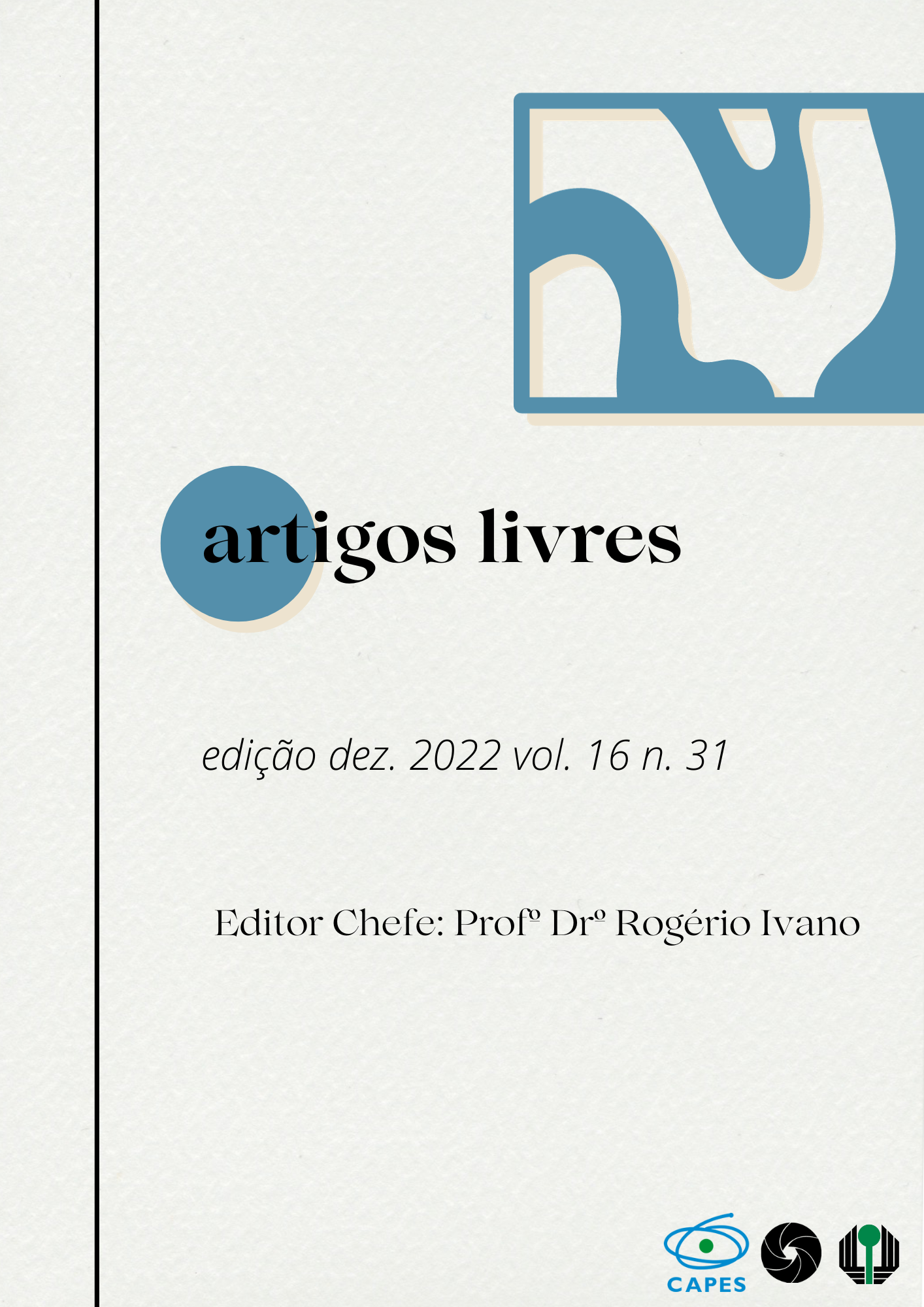Going Through Remediations: colonial nostalgia in Tabu (Miguel Gomes, 2012).
DOI:
https://doi.org/10.5433/2237-9126.2022v16n31p116Abstract
In this article, I suggest thinking about the activation of colonial nostalgia in the film Tabu (2012), by Portuguese director Miguel Gomes. This nostalgia is produced, among other factors, by the contrast created between a melancholic present in Lisbon in 2011 (Paraíso Perdido, part one) and a romanticized past situated in a fictional Portuguese colony in Africa on the eve of the Colonial War (1964 - 1975) (Paraíso, part two). According to Gomes, Tabu doesn't have the intention of criticizing Portuguese colonialism and the memory of the colonial past in the present. The director links his film to a metafictional reflection on the "Golden Ages" of occidental cinema. However, due to the Eurocentric gaze perpetuated, my aim is to explore how the film's colonial nostalgia is activated by the remediation of two visual apparatuses: ethnographic films and classic Hollywood cinema. Finally, it is worth asking how much Tabu questions and how much it naturalizes the representation regimes practiced.
Downloads
Downloads
Published
How to Cite
Issue
Section
License
Copyright (c) 2023 Rebecca RozasDomínios da Imagem adopts the Creative Commons Attribution 4.0 International License, therefore, the copyrights related to the published articles belong to the author(s), who grant the journal the exclusive right of first publication.
Under this license it is possible to: Share - copy and redistribute the material in any medium or format. Adapt - remix, transform, and build upon the material, giving due credit and providing a link to the license and indicating if changes were made.












 The works in this journal are licensed under Creative Commons .
The works in this journal are licensed under Creative Commons .